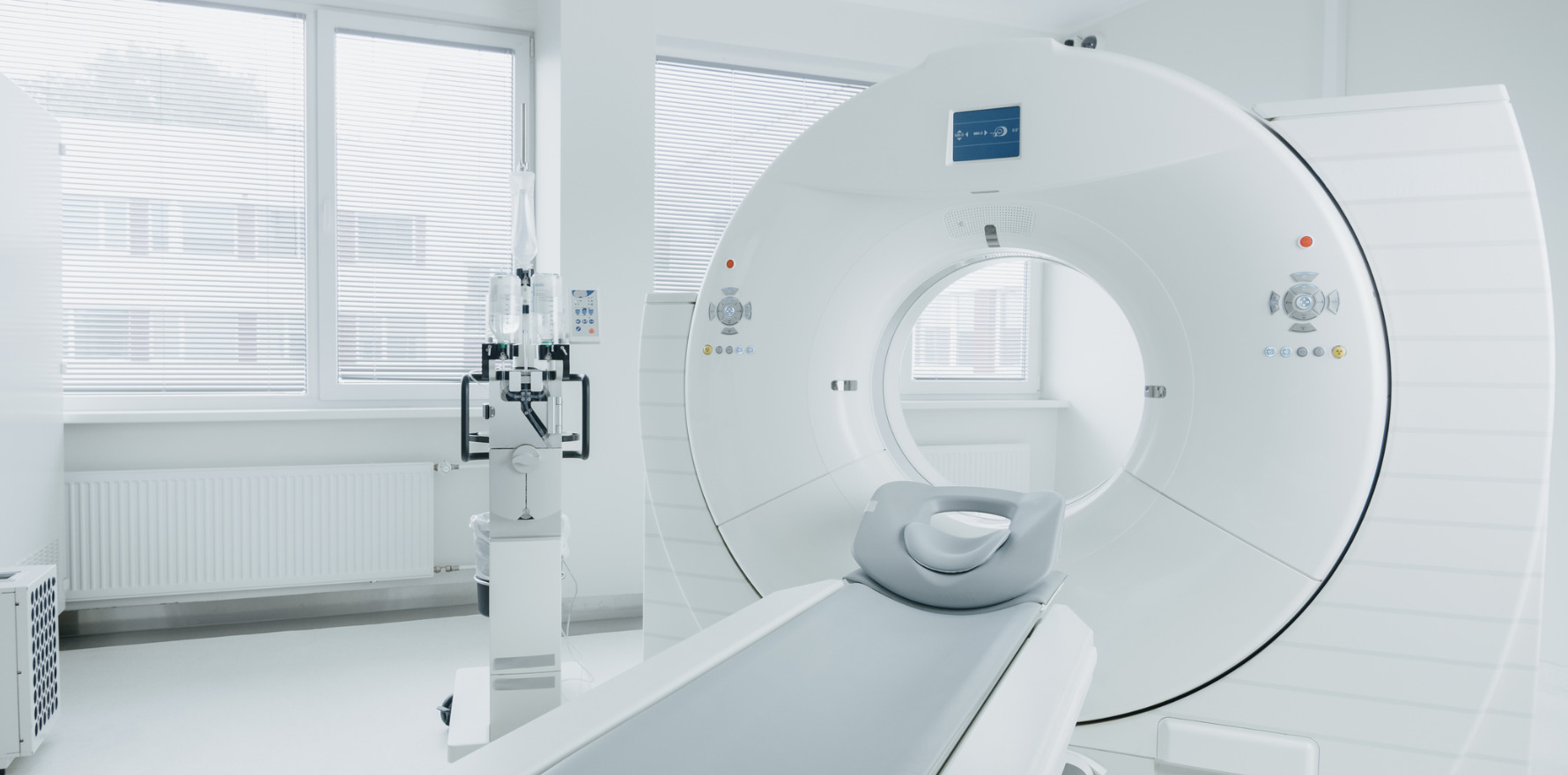RMIT students will get more help to go rural, but patients are still at risk of reduced access and longer wait times.
RMIT students have been granted extra support to help build the nuclear medicine workforce outside major cities, but one expert says more needs to be done to make sure state of the art facilities are staffed.
RMIT University and Telix Pharmaceuticals have announced new financial support to the value of $30,000 per year over four years for RMIT nuclear medicine students on placement in rural, regional and remote areas.
The industry-funded bursary will assist students with the cost of accommodation, travel and meals as they develop their skills and give back to rural, regional and remote areas of Victoria.
The Victorian government promised an investment of $44 million in high-tech PET scanners to be delivered to hospitals in Ballarat, Shepparton, Sunshine, Epping, Werribee, Warrnambool, Frankston and Wangaratta by 2026.
However, the sector faces significant difficulties in attracting and retaining nuclear medicine technologists to operate this equipment, according to RMIT nuclear medicine stream leader Mark Scalzo.
“The Victorian government pledge is well intended, but without the requisite talent there is a real risk that these state-of-the-art facilities could sit dormant – or incur long wait times when patients are in desperate need of timely diagnosis and treatment,” said Mr Scalzo.
“Our greatest barrier in offering nuclear medicine is finding placements for the 51 weeks required, especially in rural, regional and remote centres, with the cost to the student being a significant factor.
“The financial support from Telix will enable aspiring nuclear medicine scientists and technologists, regardless of background or location, to qualify in their desired career path and positively impact patient outcomes.”
Without access to these services, people living in the regions are less likely to be diagnosed early and are often left waiting many weeks or months for imaging of their cancer and potentially life-saving treatment.
RMIT is the only Victorian university teaching students to become registered nuclear medicine technologists and scientists. This year, RMIT increased its student intake in this field by 50% to meet the demand for nuclear medicine graduates to work with the new PET scanners.
Telix’s director of global patient advocacy and government affairs, Simone Leyden, emphasised that supporting nuclear medicine graduates could save Victorian lives.
“We are delighted to support RMIT and the next generation of nuclear medicine talent to bring this life changing technology to the people who need it most, through workforce training and development,” she said.
“It is a rapidly developing sector with the Asia Pacific region expected to witness the fastest growth of any radiopharmaceutical market worldwide. It is vital that our rural, regional and remote communities are not left behind.”

